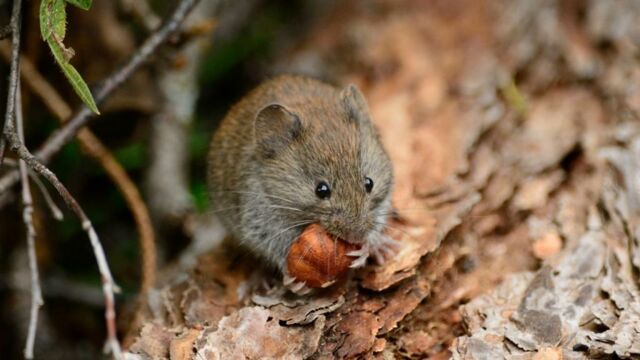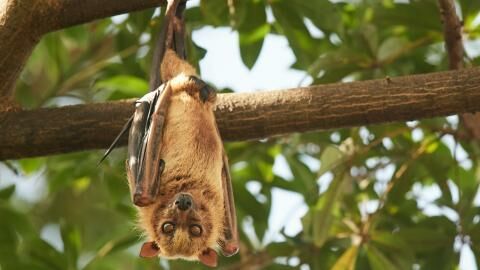The health crisis has been long and trying, reminding us that a single virus can paralyse many countries and affect the lives of billions of people. It has forever changed our relationship with animals and wildlife, as they have the potential to harbour unknown viruses that can be transmitted to humans.
Discover our latest podcast
In Grimsö, west of Stockholm, scientists captured voles, a rodent species,and tested them for the coronavirus, before making a startling discovery.
Voles tested positive
Between 2015 and 2017, well before the health crisis, scientists at Uppsala University captured 260 bank voles (Myodes glareolus) around Grimsö. For the record, these are extremelycommon rodents in Europe and this is one of the reasons why they are of interest to scientists: if a localised group is carrying a virus, for example, there is a good chance that this virus is already widespread in the global population of this species.
In a recent study published in the scientific journal Viruses, researchers tested these Swedish rodents and discovered a new coronavirus, which they dubbed the 'Grimsö virus.'

Is it dangerous for humans?
As voles are present throughout Europe, researchers believe that the 'Grimsö virus' is already actively circulating in European bank voles. The question now is whether this new coronavirus poses a risk to humans, like the one that has caused numerous deaths since 2019. In a statement, Prof. Åke Lundkvist, who participated in the study, states:
We still do not know what potential threats the Grimsö virus may pose to public health. However, based on our observations and previous coronaviruses identified in bank voles, there are good reasons to continue monitoring coronavirus in wild rodents.
This article has been translated from Gentside FR.
Read more:
⋙ North Korea's reporting of Covid-19 situation 'doesn't make sense', this is why
⋙ COVID-19: A fourth dose of vaccine soon required? Health authorities in favour
⋙ Pfizer study finds its Covid-19 vaccine is 'effective' on children 'with 3 doses', sparking debate















